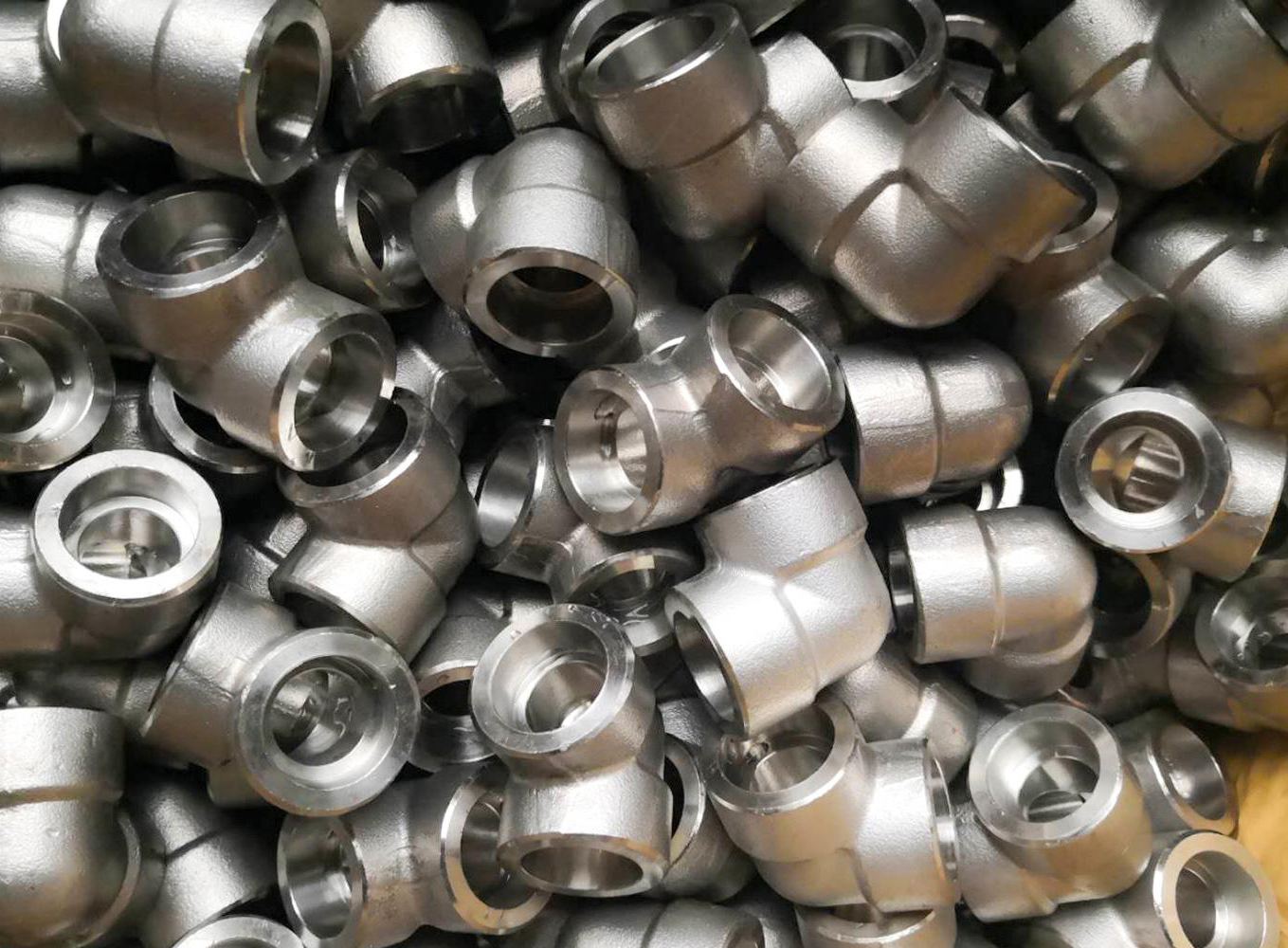The meaning of the name of stainless steel comes from the interaction between its alloy components and the environment to which it is exposed to resist rust.
Many types of stainless steel have various application purposes, and the most common 304 stainless steel is divided into 304 and 304L stainless steel.
1.304 stainless steel
304 stainless steel is the most widely used austenitic stainless steel. It is also called "18-8" stainless steel because it contains 18% chromium and 8% nickel.
304 stainless steel has good forming and welding properties, as well as strong corrosion resistance and strength.
It also has good durability. It can be formed into various shapes. In contrast to 302 stainless steel, 304 can be used without annealing.
Common uses of 304 stainless steel are found in the food industry.It is ideal for brewing, milk processing and winemaking, as well as pipelines, yeast pots, fermentation tanks and storage tanks.304 stainless steel can also be found in cooking appliances such as sinks, tabletops, coffee pots, refrigerators, stoves and various appliances.
It can withstand corrosion caused by various chemicals in fruits, meat and milk.Other areas of use include construction, chemical containers, heat exchangers, mining equipment, marine nuts, bolts and screws.It is also used in mining and water filtration systems and dyeing industries.
2.304L stainless steel
304L stainless steel is an ultra-low carbon version of 304 stainless steel.
The lower carbon content in 304L stainless steel can reduce harmful carbide precipitation caused by welding.Therefore, 304L stainless steel can be welded in harsh corrosive environments without annealing.
The mechanical properties of this material are lower than that of standard 304 stainless steel, but because of its multi-functional characteristics, it has also been widely used.
Like 304 stainless steel, it can generally be used for beer brewing and winemaking, but also for uses outside the food industry.Such as chemical containers, mining and construction. Suitable for metal parts such as nuts and bolts that will be exposed to salt water.
